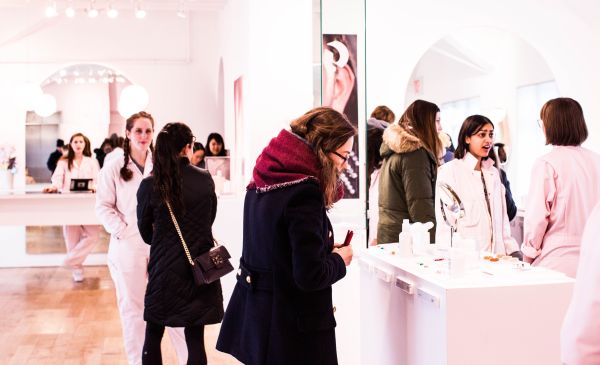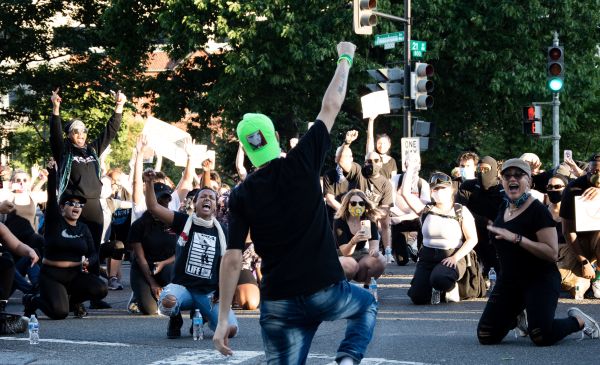Academics rarely get out much. So it is perhaps no surprise that one of the major conferences for marketing academics, the European Academy for Consumer Research Conference proved so popular.
Two Hundred marketing professors from around the world convened in Dublin to spend three days presenting and discussing their research and then drinking heavily and falling over in the evenings.
One of the prime locations for the latter activity was Temple Bar. Dublin’s preeminent, city center location for nightlife is as famous an Irish venue as Trinity College or the Guinness Brewery.
I still tenderly cherish (but only vaguely recall) a long, boozy weekend I spent there a decade ago. And what a place it was: local Irish pubs filled with character and a mixed crowd of young Irish people on the brink of experiencing the economic windfalls attributed to the ‘Irish Tiger’.
But the past ten years have not been kind to Temple Bar. Many of the authentic independent bars, forced out by sky-high rents, have been replaced by generic chain pubs. The clientele has changed too. Many of the more discerning Dublin drinkers now avoid the area and it is filled at the weekends with stag parties, foreign students and tour parties. A survey published by the Royal Institute of Chartered Surveyors actually uses Temple Bar as a case study in understanding how an area changes from “buzz to bland” and how a once-admired area becomes “inauthentic”. The survey concludes that British cities can learn much from these mistakes.
Ironically, while many in Dublin place much of the blame for the demise of Temple Bar on the “marketing men” who have over-commercialized it, a true marketing vision for the area could have been its saving grace.
Some consumers are worth more than others. Indeed, sometimes the customer who is prepared to pay more is actually the one who is worth less. Good marketers, in contrast to eager salespeople, understand that all sales increases are not necessarily for the best. Selling to the wrong people is as sure a method for disaster as selling to no one, it just takes a little longer for the disaster to strike.
In B2B terms, the local government should have offered longer leases or lower rents to the original, authentic bars and avoided the higher revenues offered by the bigger, more generic theme pubs. Similarly for B2C, the owners of the original bars should have ignored the apparent advantages of catering to the masses and focused more clearly on their core customers and remained true to the authentic nature of their bars.
On Tuesday I explained how Kookai and a host of other high-street retailers have distinguished themselves by refusing to offer their clothes in anything larger than a size 16. While such a tactic may provoke a storm of protest and reduce the potential market size in the short term, it illustrates a marketing mantra that eluded the owners of Temple Bar: all consumers are not created equal.
The challenge of marketing, and one that must precede the challenge of sales, is to identify which customers are more equal than others.
Published in partnership with Marketing Magazine
The Blake Project Can Help: The Brand Positioning Workshop
Branding Strategy Insider is a service of The Blake Project: A strategic brand consultancy specializing in Brand Research, Brand Strategy, Brand Licensing and Brand Education




